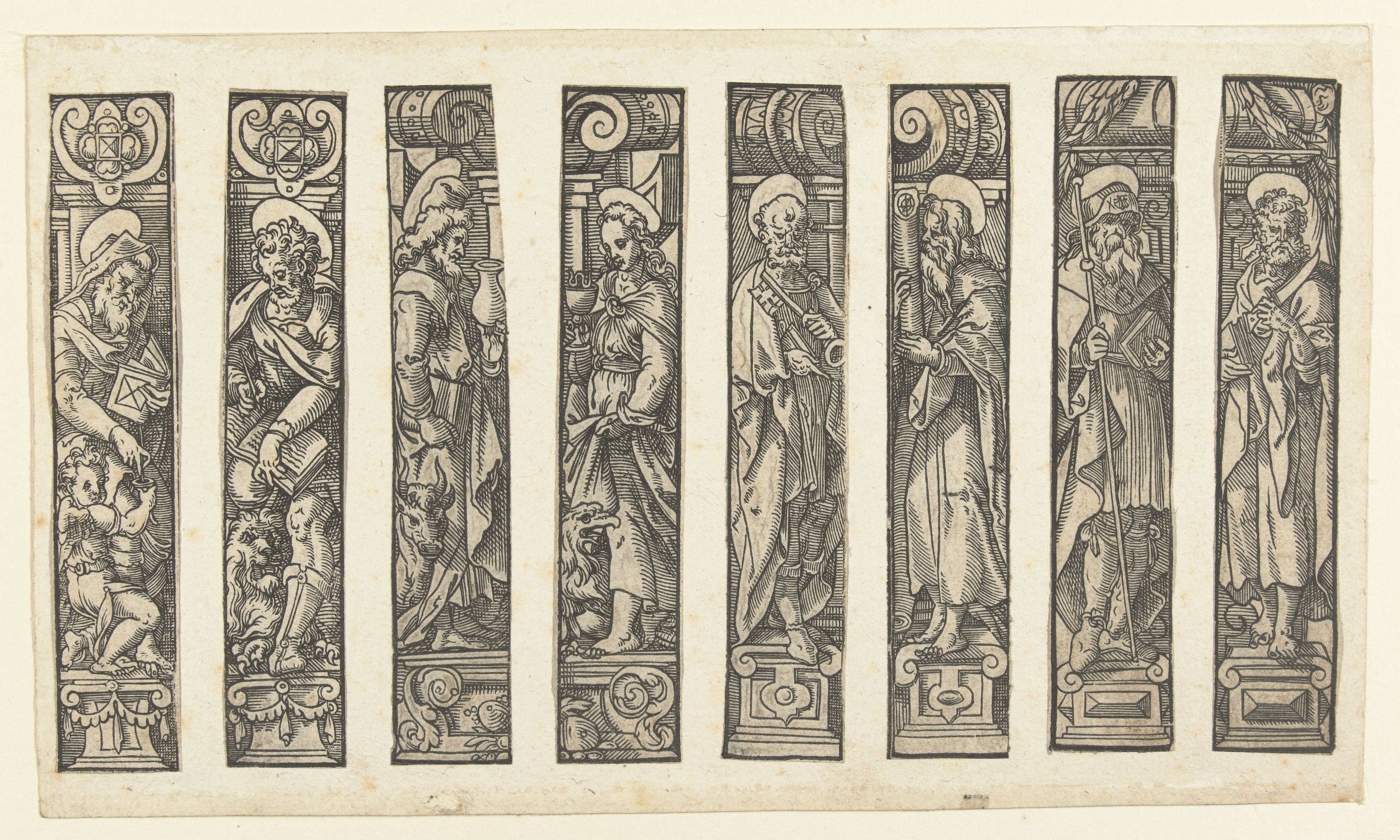
The Search
Resources from biblical scholarship
Photo: Mick Haupt
I Am the Bread of Life
An important and contemporary look at what Jesus means by "The Bread of Life".
Confronting the Ugliness of Life
Reading the Bible as literature means confronting the ugliness of life as seen in Genesis 3 - 11.
What Are Extracanonical Texts?
Extracanonical (noncanonical) writings from early Christ groups are not in the New Testament canon but are valuable for understanding early Christianity.
What Genre Are Gospels?
New Testament gospels fit the Greco-Roman genre of a bios, a “life,” an ancient biography promoting the subject’s image, not expected to be a factual account.
What is Genre? Why Does Genre Matter?
Genre, the literary type of a biblical writing, tells us what to expect and not to expect from it.
Looking for Love in the Garden of Creation
Reading the Bible as literature can mean looking for love in Genesis 2:4b–25 instead of gender norms and marriage rules.
What “Really” Happened at Creation?
Fundamentalist & Creationist readings of Biblical Creation stories as science distort the Bible’s literary power with literalism its writers never intended.
Translation Matters: Who Was Phoebe?
Bible translations of Romans 16:1-2 can portray Phoebe as leader or helper depending on choices for diákonos (deacon) & próstatis (patron, benefactor).
Which Letters Did Paul Write?
Paul did not write all the New Testament letters attributed to him. Seven undisputed letters are his. Three may be. The Pastoral Epistles are pseudepigraphical.
Storytelling: Remembering and Celebrating
The storytelling that created narratives now in the Bible included and united groups.
Using Gospel Parallels – Portrayals of Judas Iscariot
Biblical scholars use gospel parallels to compare synoptic gospels. Passages about Judas Iscariot show gospel writers’ distinct points of view.
Creation Stories as Creativity Stories: At Play with the First Origin Story
The Creation Story in Genesis 1 is a great work of literature. With creativity & imagination, a person today can meditate on to marvel at natural world.
What Does the Bible Say about That?
The Bible is not a unified source for ethical mandates but a collection of texts by authors from varied historical contexts. It represents many viewpoints.
Do Critical Biblical Scholars Have “Fundamentals”?
Critical biblical scholars do not share a core statement of faith or religious beliefs. Scholars’ fundamentals are methods of approach and results that can change with additional research.
Reading the Bible without Fundamentalism
How to read the Bible without fundamentalism and literalism? Historical criticism, biblical storytelling, and discussion can deepen understanding.
Just Read the Bible?
Biblical literalism & Fundamentalism opposed Enlightenment biblical historical criticism. Biblical interpretation skills without Christian dogmatism mean thinking for yourself.
Jesus, Son of God
Son of God (Divi Filius) was a Roman imperial title that early Christians used for Jesus. How people understand the divinity of Jesus has changed.
Paul Wrote Letters
The Apostle Paul wrote letters (epistles) to early Christian communities using Greco-Roman letter forms studied by scholars of epistolography.





















